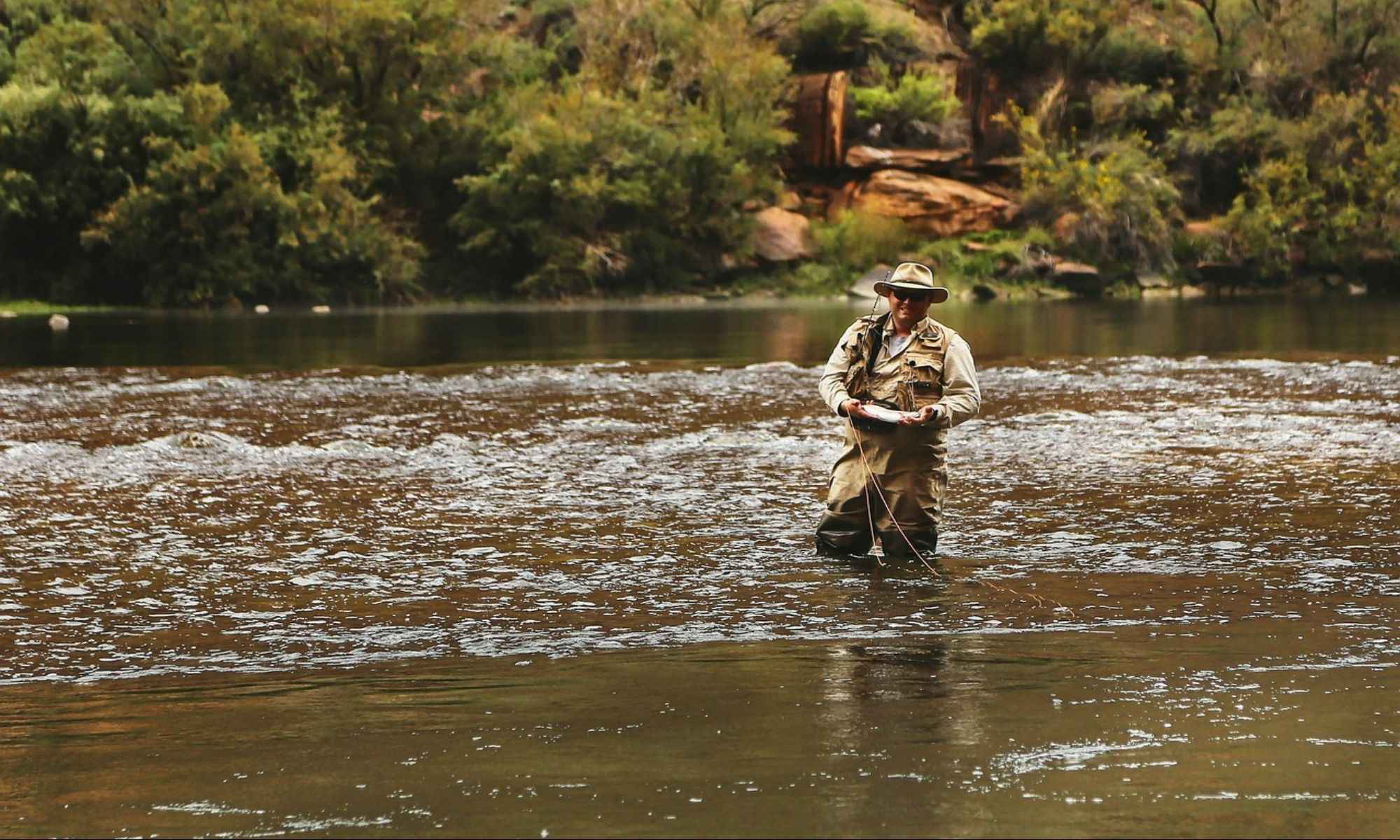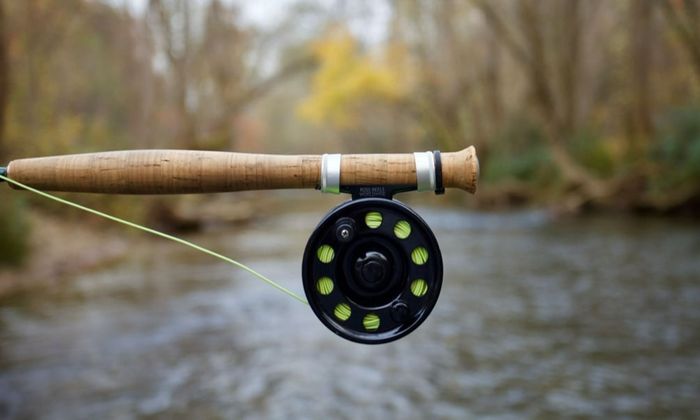Top 10 Tips for Pre-planning a Wade Trip
Here are some of the things every angler should know when planning a wading trip.

One of the most common ways to fish is from docks, piers, and even by the sides of lakes and rivers. Anglers who want to explore the water more can use a boat. A boat can be an excellent investment for anglers as they provide ample space for gear and can go to fishing spots outside the reach of anglers on land. Although boats can be great for fishing, it does have their weaknesses. Many fishing boats have a hard time going through shallow water. Boats can also be a significant investment with logistics, maintenance, and purchasing them alone can be expensive. Though there are cheaper alternatives to traversing the water, like using a paddleboard, the most affordable option would be river wading.
River wading is the most up close and personal method of fishing in a lake. Anglers who wade wear specialized jumpsuits called waders to walk through water without getting wet. More than being water-proof, waders are also well insulated. They’re great for watering areas that boats can’t get through. Tight and fast-flowing rivers are significant areas for wade fishing and catching trout. Finally, wading is much cheaper than using other fishing vessels, on top of being easier on the logistics side. With wade fishing being an accessible and popular form of fishing, here are some tips for planning your next wade trip.
Wade Fishing: Everything You Need to Know

1. Know the Time and Place
Logistics is arguably one of the most important things to figure out when planning any trip. Knowing the time, place, and weather will affect the number of fish caught in fishing. Fish activity is very much connected to the weather and climate. Some fish are more active in cooler waters than others. Anglers should also be aware of the weather as it is a hazard.

2. Choose the Right Fishing Wader
Owning the right fishing wader is a crucial part of wade fishing equipment. There’s no wading without the right equipment. There are two main types of wader to choose from: boot foot and stocking foot. The former is warmer, best used when the water temperature is colder. Stocking-foot waders are tighter and more secure with their use of thin, non-breathable materials. They also don’t come with their boots. Knowing the proper length without exchanging it for the angler’s comfort is also something to keep in mind.
3. Bring a First-Aid Kit
As with any fishing trip, a first-aid kit is essential. Fishing means dealing with sharp hooks, line cutters, and flailing fish, so precautions are vital. Wade fishing, in particular, will bring anglers into the water itself so cuts and bruises can occur. Kits should contain disinfectants, ban-ads, gauze, alcohol, and many more. It’s great to place them somewhere anglers can quickly get once they’re on land.
4. Never Forget To Bring an Insect Repellent
Popular wade fishing spots are usually running rivers. These rivers are mainly in the middle of forests with plenty of insects for many game fish. When wade fishing in the summer, many bugs will fly around. While most of them are minor nuisances, it can get annoying dealing with them for hours on end. Other insects can even bite or cause an unknown allergic reaction. It’s best to deal with them by using insect repellents.
5. Protect Yourself From the Sun
One thing many anglers underestimate is the heat of the sun. Regardless if an angler wades on ice-cold water for hours on end, sunburn should be a valid concern for any angler. Staying exposed to sunlight can cause severe illnesses like skin cancer, so sunblock is essential. Sunlight, in general, can also be very bright, especially during noontime, making it hard to see. As sunlight impacts casting, it can also affect techniques like fly fishing. In any daylight fishing situation, sunglasses are essential.
6. Bring the Right Rods and Lures
There’s no fishing without the right tools. Every angler should have their own rods specific for every situation. Wade anglers specializing in fly fishing would do well to bring longer rods. Its casting accuracy is unmatched and is a popular way to catch bass and trout. Getting different artificial lures is great for finding out how fish react to specific lures. Live bait in small boxes is also beneficial.
7. Familiarize the Area
Whether through physical maps or GPS, knowing the area you’ll be fishing in is very important. Given that surfaces under rivers and lakes aren’t stable being familiar with its topography can prevent accidents. Sand bars and sudden drops can lead to dangerous situations that may destroy the river wader or, worse, cause injuries. Areas of the water where it’s too deep or has fast currents should be avoided.

8. Never Forget To Bring or Get a Fishing License
Fishing licenses are one of the most important things every angler should have. Many licenses contain the bag and size limits of a state and are a way for authorities to keep fish poachers in check. Revenue from paying licensing fees is also used to maintain lakes and reservoirs. Forgetting to bring one can lead to fines and even jail time.
9. Bring Enough Food and Water
Fishing can be a surprisingly active sport. Reeling in fish, casting, and preparing rods are all physically taxing. Wading through the water will also take a lot of energy. Anglers should keep themselves well-fed and hydrated, especially when fishing for long periods. Fatigue, low blood pressure, and dehydration can lead to accidents like injuries and long-term sickness, so it’s best to bring a good stock of food and water.
10. Have a Friend With You
Finally, it’s excellent practice never to fish alone. It’s fun having company when doing any recreational activity, especially fishing and camping. Having a buddy or two can also keep everyone safe as people will help during emergencies. Another responsible thing anglers should do before any trip is let other friends and family know their whereabouts.




